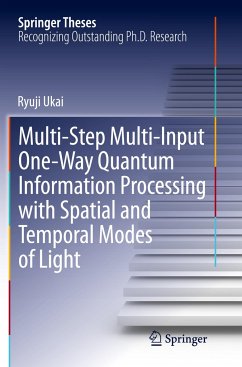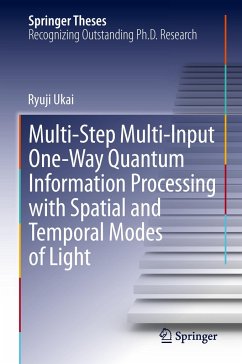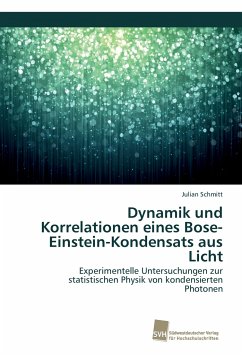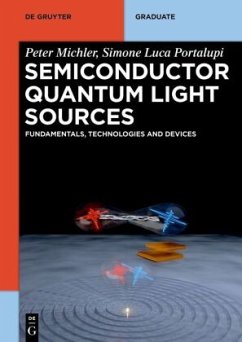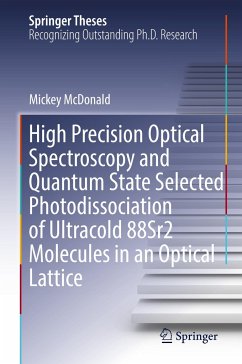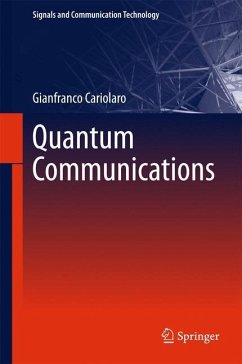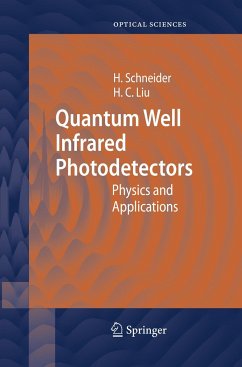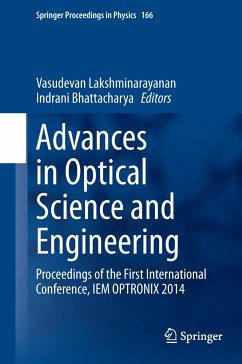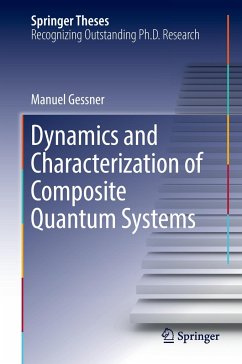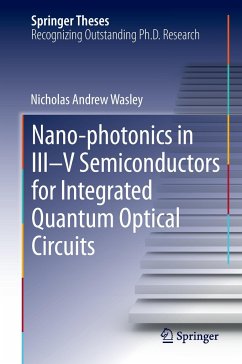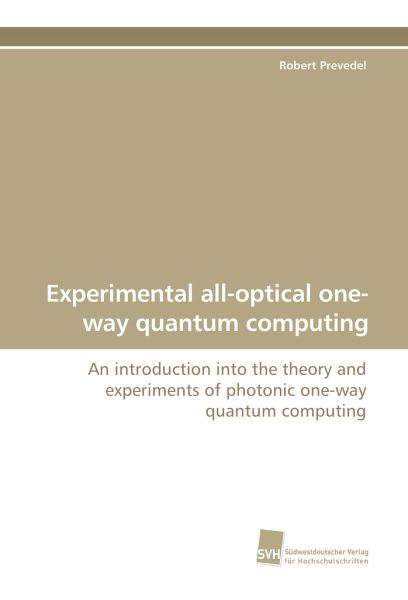
Experimental all-optical one-way quantum computing
An introduction into the theory and experiments of photonic one-way quantum computing
Versandkostenfrei!
Versandfertig in 6-10 Tagen
79,90 €
inkl. MwSt.

PAYBACK Punkte
0 °P sammeln!
In recent years, one-way quantum computing has become an exciting alternative to existing proposals for quantum computers. In this specific model, coherent quantum information processing is accomplished via a sequence of single-qubit measurements applied to an entangled resource known as cluster state. This book describes experiments in this direction, where a photonic four-qubit cluster state is generated by means of parametric down-conversion. Using custom-built, ultra-fast electro-optical modulators, the first experimental realization of fast, active feed-forward - a crucial technique for d...
In recent years, one-way quantum computing has become an exciting alternative to existing proposals for quantum computers. In this specific model, coherent quantum information processing is accomplished via a sequence of single-qubit measurements applied to an entangled resource known as cluster state. This book describes experiments in this direction, where a photonic four-qubit cluster state is generated by means of parametric down-conversion. Using custom-built, ultra-fast electro-optical modulators, the first experimental realization of fast, active feed-forward - a crucial technique for deterministic quantum computation - with gate times of less than 150ns is shown. This allows experimental demonstrations of various quantum algorithms, consisting of a few gates. Among them the so-called Deutsch-Josza algorithm, and the implementation of a quantum game known as Prisoner's Dilemma. Furthermore this book describes the design of decoherence-free subspaces for cluster states which achieve remarkable protection from environmentally induced decoherence, delivering nearly ideal computational outcomes in the experiments.



